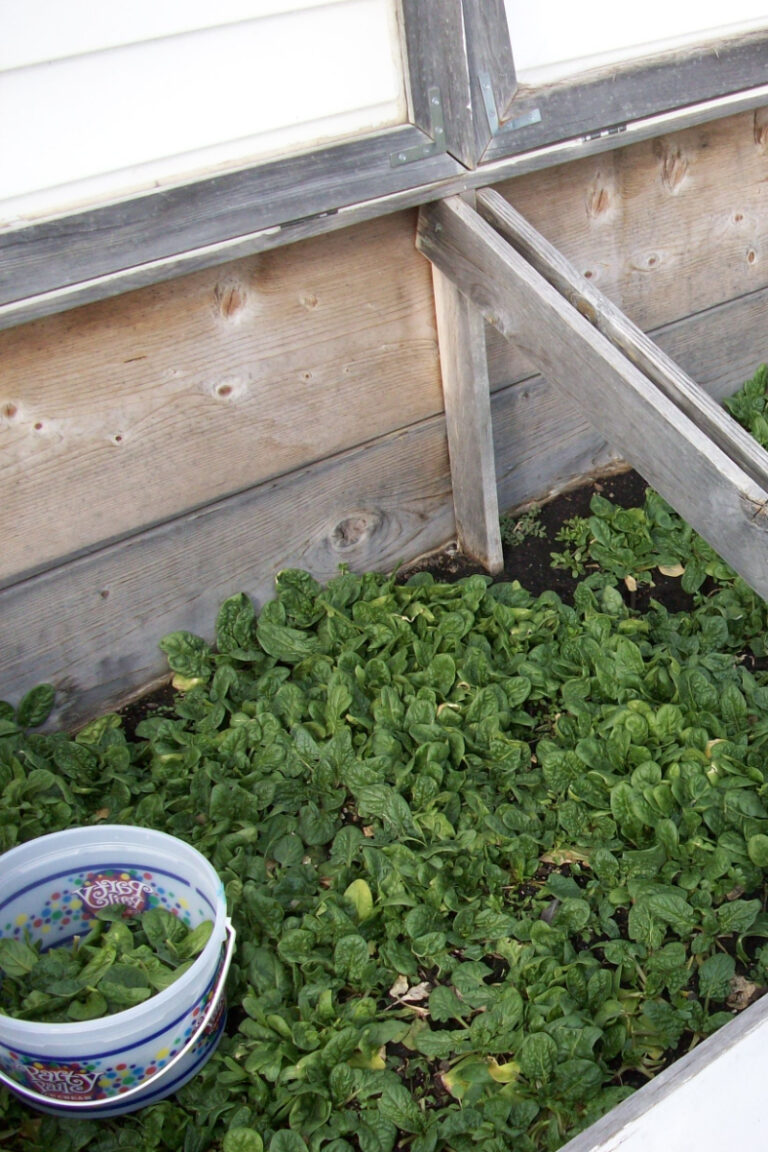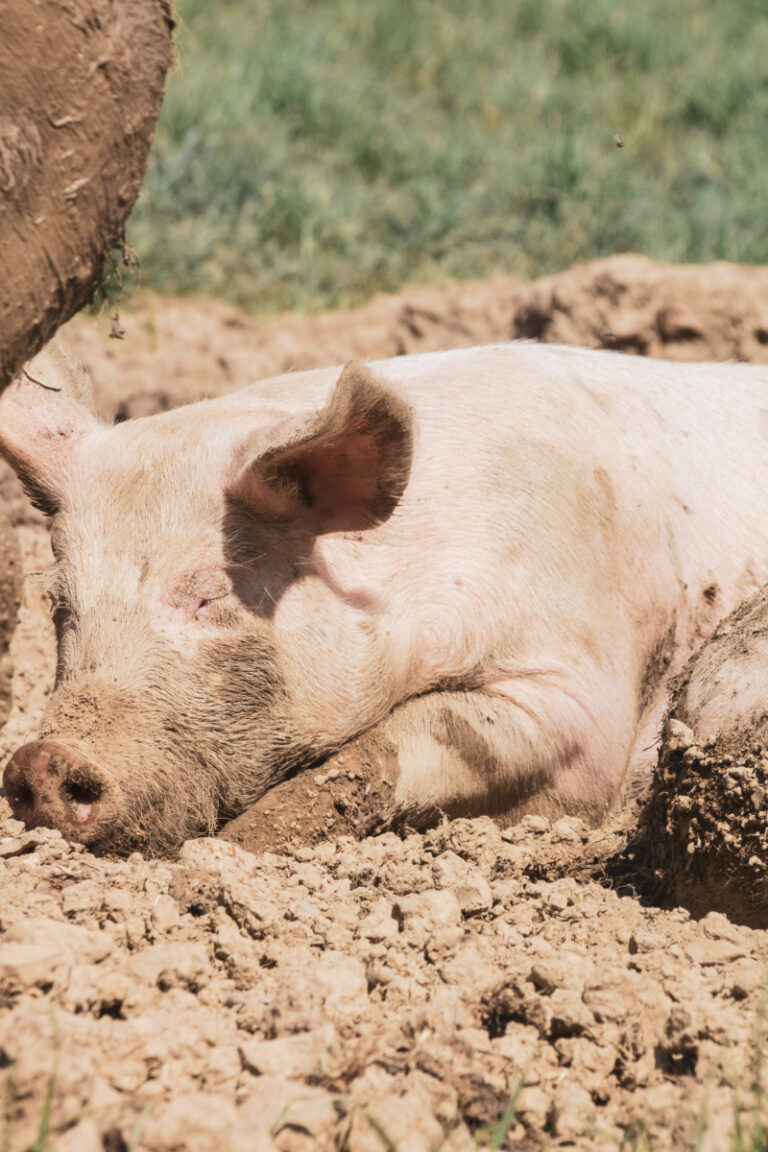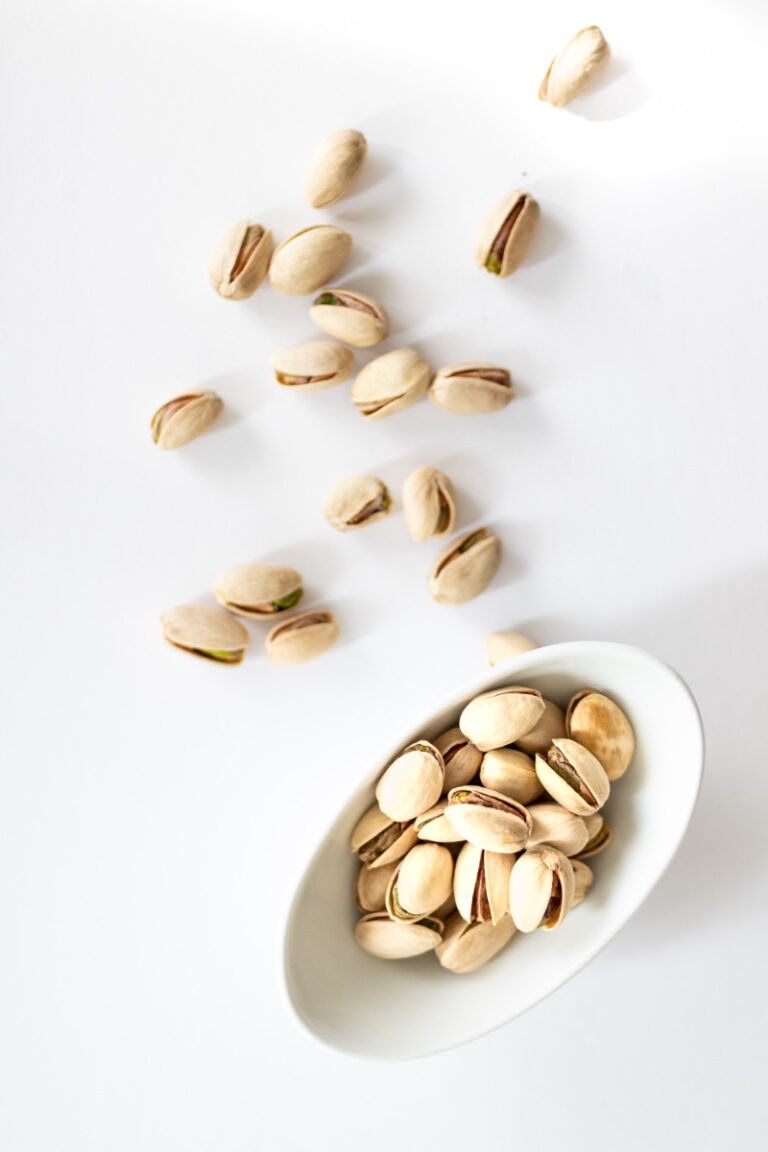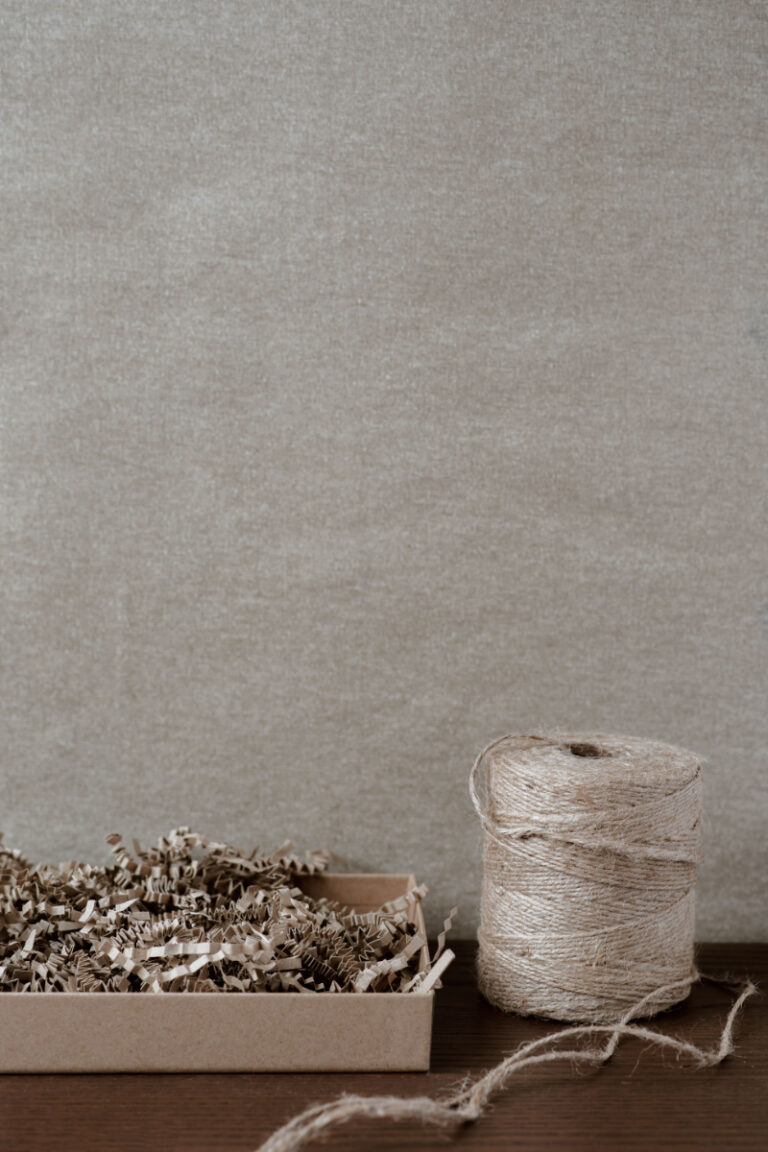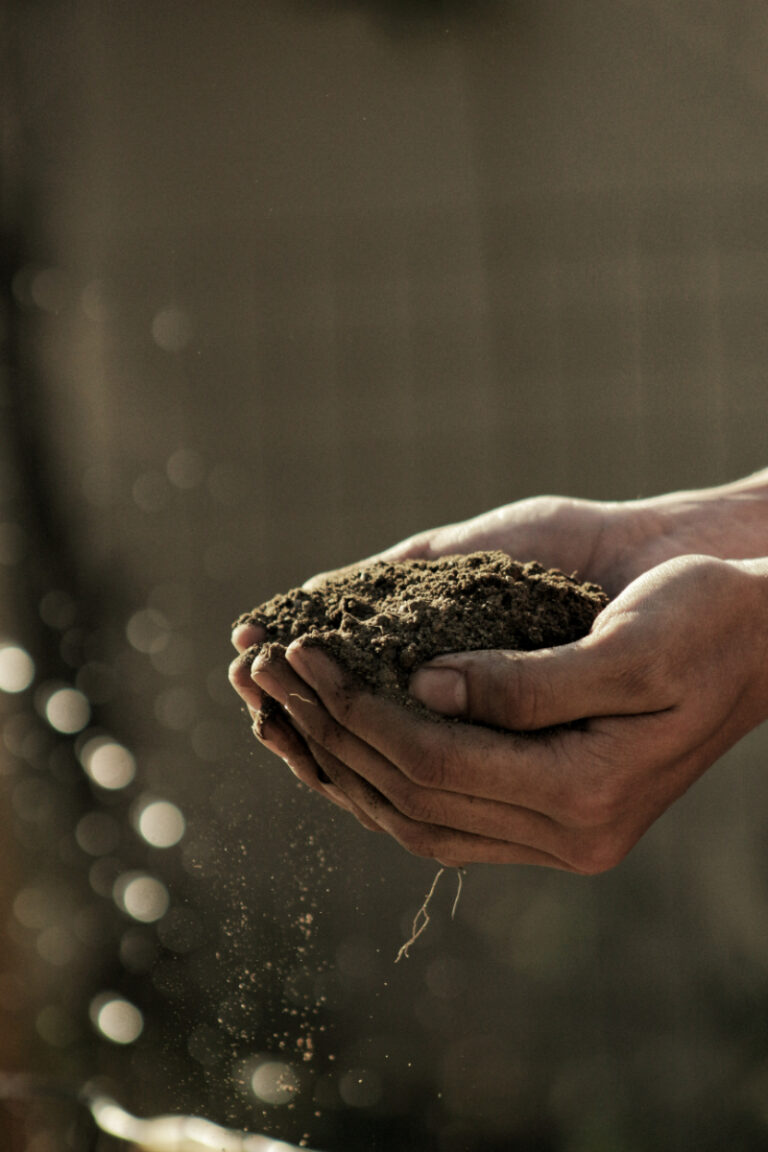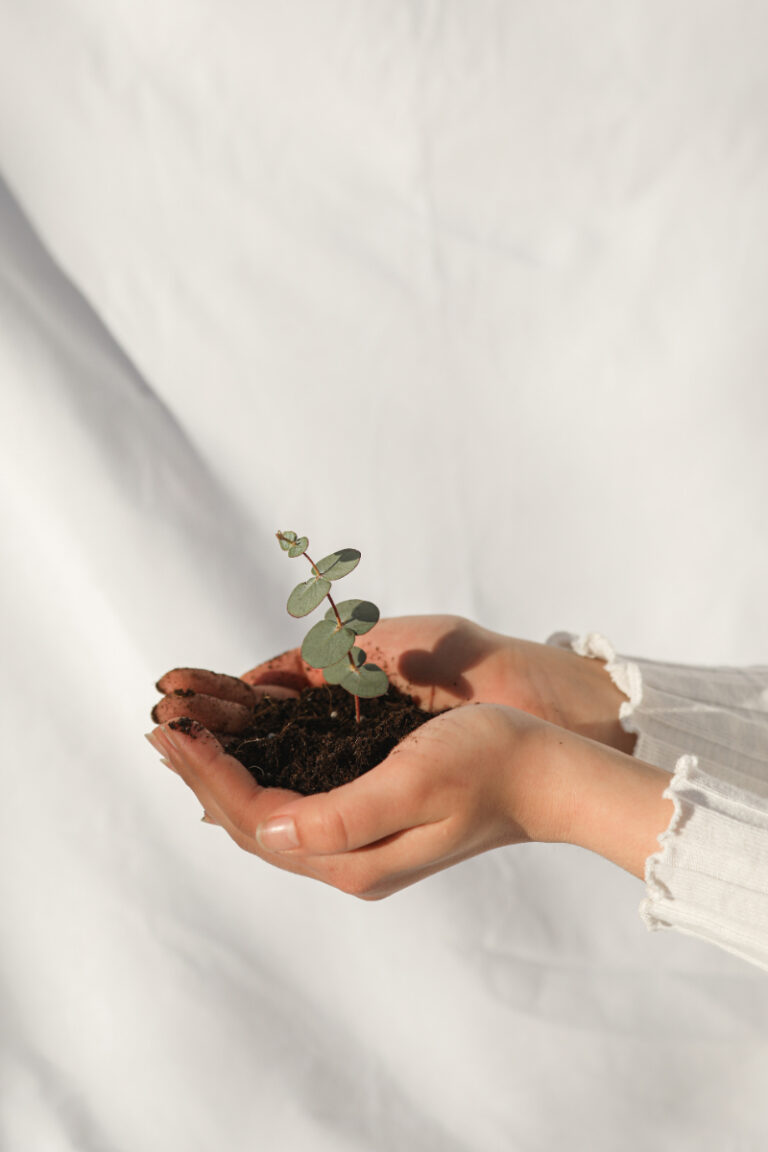Revitalize Old Mulch Through Composting: Learn How
Composting is a process that you might already be familiar with. It’s the act of turning organic waste into nutrient-rich soil, which can then be used to feed your plants. It’s an incredible way for you to reduce waste and contribute positively to the environment.
Now let’s talk about the importance of composting in your garden. Composting doesn’t just benefit you by reducing waste, it also benefits your vegetable garden beds in numerous ways. Composted material is rich in beneficial nutrients that your plants need to grow.
These nutrients are released slowly over time, providing a constant source of nourishment for your plants. Plus, compost helps improve the structure of your soil, making it easier for you to work with and better for your plants’ roots.
Revitalizing Your Garden: Can You Compost Old Mulch?
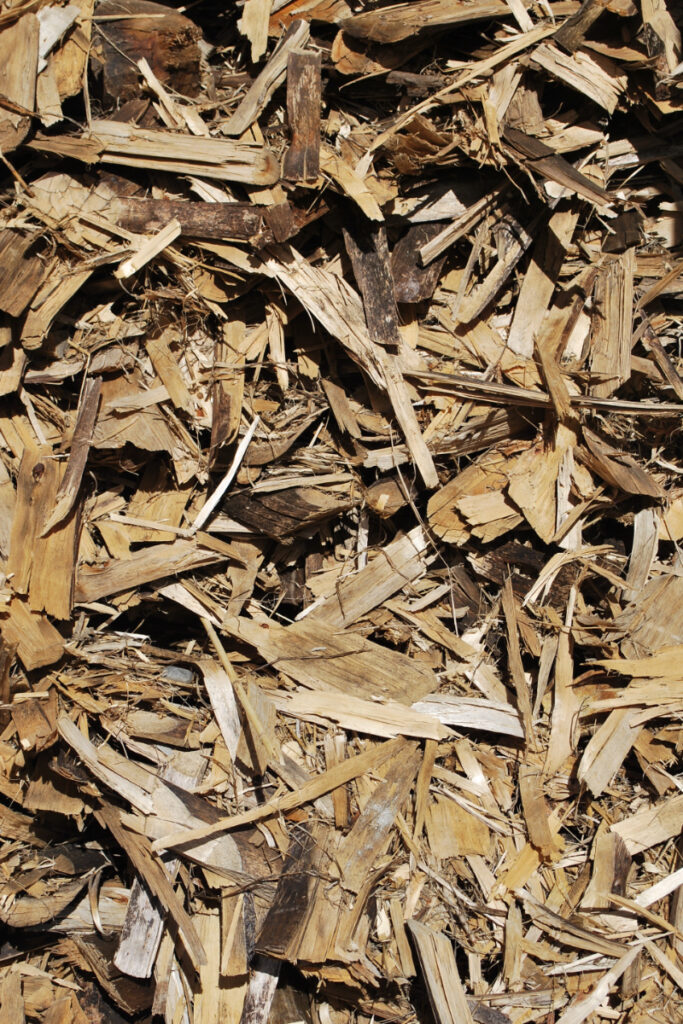
Understanding Mulch and Its Use in Your Garden
Let’s dig deeper into the world of mulch and its role in your garden. As a gardener, you’re well aware that mulch isn’t just about aesthetics. It’s a practical tool that aids in the overall health and prosperity of your garden.
The Role You Play in Utilizing Mulch
As a gardener, you play a vital role in utilizing mulch. Mulch is used to cover the soil surface around plants for multiple benefits. It’s your job to decide when and where mulch is needed in your garden, considering the needs of different plants and the current condition of your soil.
Mulch helps to retain moisture in the soil, reducing the need for frequent watering. This not only saves you time but also conserves water – a win-win situation for you and the environment. It also prevents weed growth by blocking sunlight, saving you the effort of constant weeding.
How You Can Benefit from Mulching
Mulching offers several benefits for your garden. It regulates soil temperature, keeping the roots of your plants cool in summer and warm in winter. This can be particularly beneficial if you live in an area with extreme temperature fluctuations.
Moreover, as mulch breaks down over time, it improves the quality of your soil by adding organic matter. This enhances soil structure, promotes the activity of beneficial microorganisms, and releases nutrients that are essential for plant growth.
But what happens when your mulch gets old? Is it still useful? Indeed, it is. Old mulch may not look as appealing as fresh mulch, but it’s a goldmine for your compost pile.
Composting old mulch provides you with nutrient-rich compost that can be used to further enrich your garden soil and vegetable beds.
Identifying Old Mulch
As a gardener, you’re constantly observing and assessing the condition of your plants, soil, and yes, even the mulch. But how do you know when your mulch has aged enough to be composted? Here are some pointers to help you identify old mulch.
What You Should Look For in Old Mulch
When mulch is fresh, it often has a vibrant color, distinct texture, and even a fresh organic smell. Over time, as it’s exposed to the elements, these characteristics begin to change. The color fades, the texture becomes more crumbly, and the smell starts to fade or change.
You should also look for signs of decomposition. If the old layer of organic mulch is breaking down and turning into a soil-like substance, it’s a clear indication that it’s ready to be composted. Patches of white or green mold on the surface of the existing mulch can also indicate that decomposition is underway.
The Signs That Your Mulch is Ready for Composting
One clear sign that your mulch is ready for composting is the presence of fungi. Fungi play a crucial role in breaking down organic material. If you notice mushrooms or other types of fungi growing in your mulch, it’s a good sign that the mulch is decomposing and ready to be composted.
Another sign is the presence of insects or other small creatures. As mulch ages, it becomes a habitat for various organisms like beetles, worms, and other insects. These creatures assist in the decomposition process by breaking down the mulch into smaller pieces.
Remember, old mulch is not waste; it’s a resource. By composting your old mulch, you’re not only reducing waste but also creating a nutrient-rich addition for your garden soil.
The Composting Process
Now that you’ve identified your old mulch, it’s time to put it to good use by composting it. This process can be a rewarding experience as you transform what might seem like waste into a valuable resource for your garden. Here’s how you can go about it.
The Steps You Need to Take to Compost Old Mulch
Composting old mulch is not much different from composting other organic materials. Start by gathering your old mulch and adding it to your compost pile or bin.
- Collect Your Old Mulch: Before placing new mulch, use a rake or shovel to gather your old mulch. It’s fine if there’s a bit of soil mixed in; it will add beneficial microbes to your compost.
- Add to Your Compost Pile: Add the old mulch to your compost pile. Remember to maintain a balance between green and brown materials in your compost. Green materials are rich in nitrogen and include items like vegetable scraps, coffee grounds, and fresh grass clippings. Brown materials are rich in carbon and include items like dried leaves, straw, and of course, your old mulch.
- Turn Your Compost Regularly: Turning your compost pile regularly ensures that it gets plenty of oxygen, which is essential for the decomposition process. Use a pitchfork or compost turner to mix your compost pile every week or two.
- Monitor the Compost Pile: Keep an eye on your compost pile’s moisture and temperature. It should be as damp as a wrung-out sponge and warm to the touch.
- Wait for the Magic to Happen: Over several weeks to a few months, your old natural mulch and other compost materials will decompose into a rich, dark, crumbly substance that’s perfect for enhancing your garden soil.
The Role You Play in the Composting Process
As a gardener, your role in the composting process is critical. You’ll be the one to monitor the compost pile, ensuring it has the right balance of materials, sufficient moisture, and adequate aeration. By regularly turning the compost pile, you help speed up the decomposition process.
Remember, patience is key when it comes to composting. It might take a few months, but the end result will be worth the wait. In the next section, we’ll discuss the benefits of composting old mulch and how it can contribute to a healthier, more vibrant garden.
Benefits of Composting Old Mulch
Now that you know how to compost old mulch, let’s look into why it’s beneficial for you and your garden. Composting old mulch not only contributes to a sustainable gardening practice but also enhances the health and productivity of your garden.
How You and Your Garden Benefit from Composting Old Mulch
Composting old mulch is an excellent way to recycle organic material that would otherwise be discarded. This practice aligns with sustainable gardening principles, reducing waste and promoting the efficient use of resources. It’s a small but significant step you can take towards a more environmentally-friendly gardening practice.
For your garden, composted mulch provides numerous benefits. It enriches the soil with essential nutrients, reduces soil compaction and is a means for retaining moisture in the soil – improving plant health and growth.
The compost improves the soil structure, making it easier for plant roots to penetrate and access water and organic nutrients. It also helps maintain soil moisture levels and regulates soil temperature, creating an optimal environment for plant growth.
Moreover, compost acts as a natural soil conditioner. It introduces beneficial microorganisms into the soil, which aid in nutrient cycling and suppress disease-causing organisms. This can lead to healthier plants and a more productive garden.
The Long-Term Impact You Will See from Composting Old Mulch
The impact of composting old mulch extends beyond immediate garden benefits. In the long run, this practice contributes to building healthy, fertile soil that can sustain plant growth for years to come.
By regularly adding a fresh layer of compost to your garden, you’ll notice improvements in soil fertility and structure over time. Your plants will be healthier, more resistant to pests and diseases, and more productive. This means more beautiful flowers, lush foliage, and bountiful harvests for you to enjoy.
Frequently Asked Questions
As you embark on this rewarding journey of composting old mulch, you may have a few questions. We’ve compiled and answered some common queries to help you navigate this process with ease.
Can All Types of Mulch Be Composted?
Yes, most types of organic mulch can be composted. This includes wood chips, bark mulch, straw, grass clippings, pine needles, and shredded leaves. However, be cautious with dyed mulches as the dye could potentially contain harmful chemicals.
Similarly, avoid composting any type of mulch that has been treated with pesticides or herbicides. Avoid composting inorganic mulches like rubber mulch, it will never decompose!
How Long Does It Take for Mulch to Decompose?
The decomposition rate of mulch depends on several factors including the type of material, particle size, and environmental conditions. Generally, it can take anywhere from several months to a couple of years for mulch to fully decompose. Sounds like a long time? There are ways to speed up the composting process.
Is it Necessary to Turn the Compost Pile?
Turning the compost pile is not strictly necessary, but it does speed up the composting process. Turning adds oxygen to the compost pile, which aids in the decomposition process and helps prevent foul odors. It is also the easiest way to see if you compost bin is getting enough water, or is too dry.
What Should I Do If My Compost Pile Smells Bad?
A well-managed compost pile should not have a strong, unpleasant odor. If it does, it could be due to excess moisture or lack of oxygen. Try turning the pile more frequently and adding more brown materials (like your old mulch) to absorb excess moisture.
Can I Use Composted Mulch as a Soil Substitute?
Composted mulch is rich in nutrients and makes an excellent soil amendment. However, it should not be used as a complete soil substitute. While it can improve soil fertility and structure, it does not provide all the physical properties needed for plant growth that soil does.
Conclusion
Gardening is more than just a hobby; it’s an art and a science that involves understanding the intricate relationships between plants, soil health, and the environment. In this guide, we’ve explored one such relationship – the role of mulch in your garden and how its lifecycle can contribute to the health and productivity of your garden.
We’ve learned that mulch serves various purposes, from conserving moisture and suppressing weeds to regulating soil temperature and improving its fertility. We’ve also discovered that old mulch, often overlooked, can be a valuable resource when composted.
Composting old mulch not only aligns with sustainable gardening practices, but it also enhances the health and vitality of your garden. It enriches the soil with essential nutrients, improves soil structure, and fosters beneficial microbial activity. The result is a fertile, resilient garden that is more capable of supporting lush, vibrant plant growth.
Finally, we addressed some common questions about composting old mulch, providing clarity and confidence to embark on this rewarding journey.
Remember, every small step you take towards sustainable gardening contributes to a healthier environment and a more vibrant garden. So, don’t discard that old mulch; compost it, and watch as your garden thrives.

